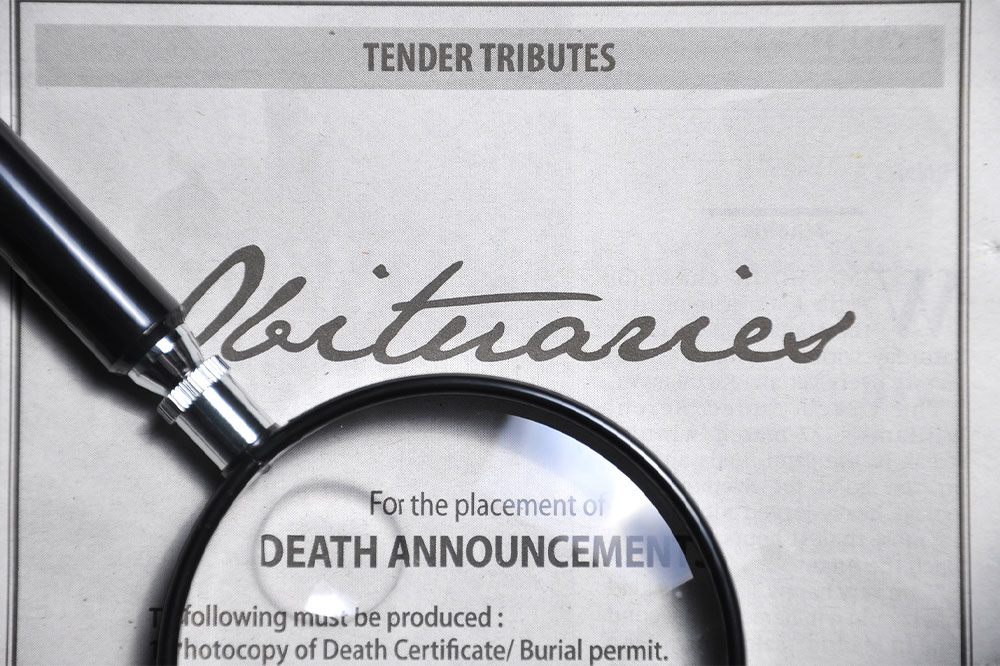Creating a Respectful and Lasting Memorial Tribute
Learn how to craft a meaningful and respectful obituary that celebrates a loved one's life. This guide covers essential elements, structure, and tips for creating a heartfelt tribute. Proper obituary writing preserves memories, supports community mourning, and ensures that the legacy of those we cherish endures through history and family stories.

Guidelines for Writing a Meaningful Obituary
When a loved one passes away, it leaves a lasting emotional impact. An obituary offers a heartfelt opportunity to honor their life, highlighting their achievements, family bonds, and the legacy they leave behind. It serves as a historical record for future generations and a way for the community to remember and celebrate the individual. Today, obituaries are often published online and in local newspapers, emphasizing personal stories, accomplishments, and community contributions, providing comfort and a sense of connection.
What is an Obituary?
Originating from the Latin word "obitus," meaning "death," an obituary is a notice that commemorates a person’s life. While traditionally printed in newspapers, social media platforms now frequently host these tributes. When the deceased is widely known, media may focus on their milestones, whereas families often craft more personal remembrances. Online obituary archives serve as important repositories for these remembrances.
Key Components of an Obituary
An obituary should be concise but meaningful. Essential details include the deceased’s full name, age, residence, date and location of passing, and cause of death. Personal background such as education, career achievements, community service, and unique stories help paint a full picture of their life. Mentioning surviving and predeceased family members adds a personal touch, fostering community remembrance.
Include information about funeral services, memorial events, visitation times, and ways to contribute or donate in their memory. Ending with an invitation for friends and family to celebrate or pay respects, along with contact details, is customary. If appropriate, suggest charitable donations supporting causes meaningful to the departed, preserving their spirit.
Present all information in chronological order—from birth to death—to create a coherent and respectful tribute. This organized structure ensures the obituary is clear, accurate, and accessible for posterity.
Writing an obituary can be a reflective process that helps loved ones process grief and preserve fond memories. It provides comfort to the living and ensures the deceased’s story endures. Public records of obituaries are valuable for genealogical research and community history. They serve as a meaningful way to preserve family legacies across generations. For communities and families, obituaries keep memories alive, fostering connection and remembrance.
To compile a comprehensive obituary record, utilize a variety of sources such as newspapers, online memorials, libraries, and historical collections. Combining these ensures a thorough and respectful tribute that honors the individual’s life and legacy.


